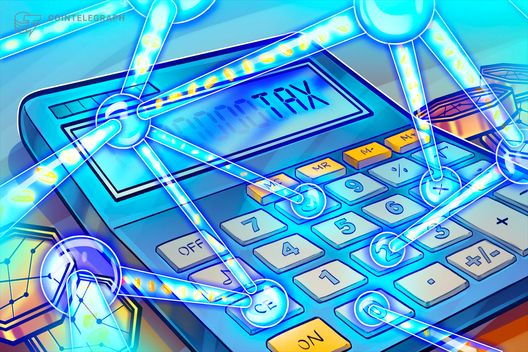

A Spanish investor involved in Decentralized Finance (DeFi) is reportedly facing a tax bill of $10.5 million for unpaid taxes related to a loan. This case highlights the increasing scrutiny that tax authorities worldwide are placing on crypto assets and DeFi activities.
Spain, like many other countries, is working to adapt its tax laws to cover the complexities of the crypto world. The Spanish Tax Agency (Agencia Tributaria) is increasing its efforts to track and regulate crypto assets, aiming to combat tax evasion and ensure compliance. This includes implementing stricter reporting requirements for crypto holdings, both domestically and abroad.
Under Spanish tax law, cryptocurrencies are treated as capital assets, meaning that any profits obtained from their sale are considered taxable income. The tax rate varies depending on the individual's tax bracket, ranging from 19% to 28%. It's also important to note that the disposal of crypto assets is subject to savings income tax.
DeFi transactions, such as staking, lending, and yield farming, add another layer of complexity. While the Agencia Tributaria has yet to release specific guidelines on the taxation of DeFi transactions, existing tax rules suggest that income earned from DeFi activities is subject to income tax. Crypto-to-crypto swaps, trades, and liquidity farming are also subject to savings income tax.
The recent tax reform in Spain aims to strengthen the government's ability to seize cryptocurrencies and non-fungible tokens (NFTs) in cases of tax non-compliance. The reform, outlined in amendments to Article 162 of the General Tax Law, seeks to authorize the local tax agency to confiscate digital assets when addressing a user's outstanding tax debt.
Spain is also implementing measures to address anti-money laundering (AML) concerns in the crypto space. Royal Decree 7/2021, enacted on April 27, 2021, transposed EU directives into national law, amending the existing Law 10/2010 for the Prevention of Money Laundering and Financing of Terrorism.
For Spanish residents holding cryptocurrencies on platforms outside of Spain, there is a requirement to report these assets to the tax authorities. Individuals and businesses must declare their overseas crypto assets if they exceed 50,000 euros. Self-custodied wallets must be reported through the standard wealth tax Form 714.
It's worth noting that Spain is not alone in its efforts to regulate crypto and combat tax evasion. Other countries, such as South Korea, are also intensifying their regulatory frameworks for cryptocurrencies.